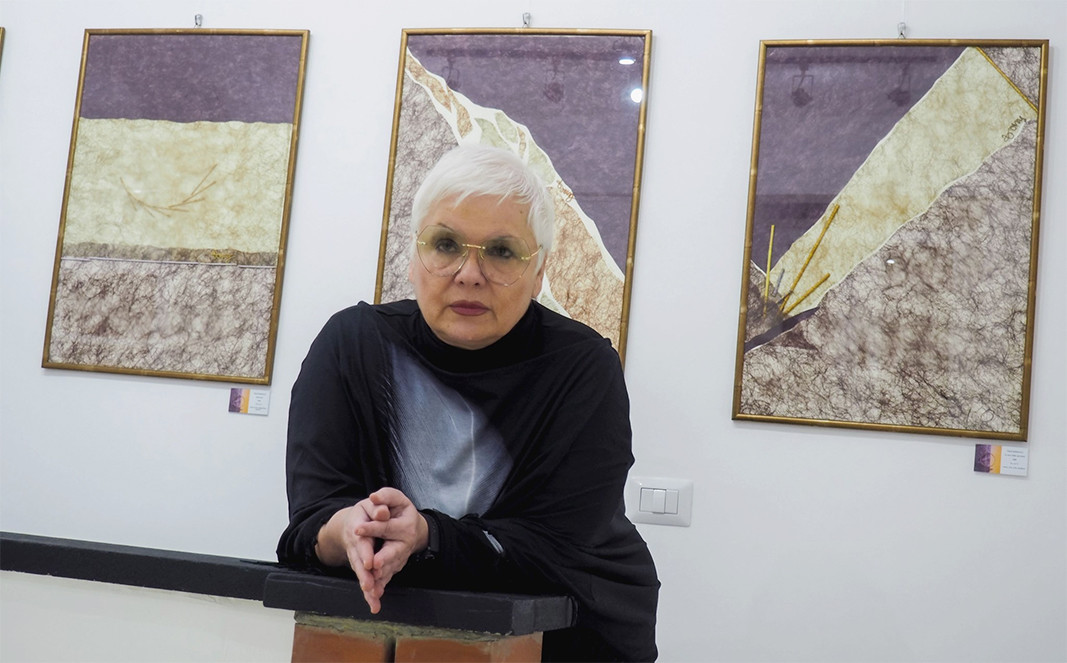
“I had the good fortune of attending the Festival of Italian Cinema at the very moment it was announced that the grand prix of the jury goes to Stephan Komandarev’s Blaga’s Lessons. Do you know what that felt like? I cried out in happiness, I was so surprised, I wasn’t expecting it… A new face is being given to Bulgarian cinema right now, a new door is opening for Bulgaria! And at times like these I would like to see us more united in our feelings of pride instead of bickering over small things…”
Living in another country, especially in a cosmopolitan city like Rome, gives a broader perspective because you can watch the processes in Bulgaria from afar, in light of the events taking place in the world. 24-year old Georgi Dimitrov, who is a student at La Sapienza university, teaches at the Bulgarian school “Assen and Iliya Peykov” in Rome. He says that for Bulgaria, 2023 has been a year branded with the “distinct” European context. “I want these troubled times to be over, times in which we feel no security, and that is especially true of us, young people,” he says and goes on: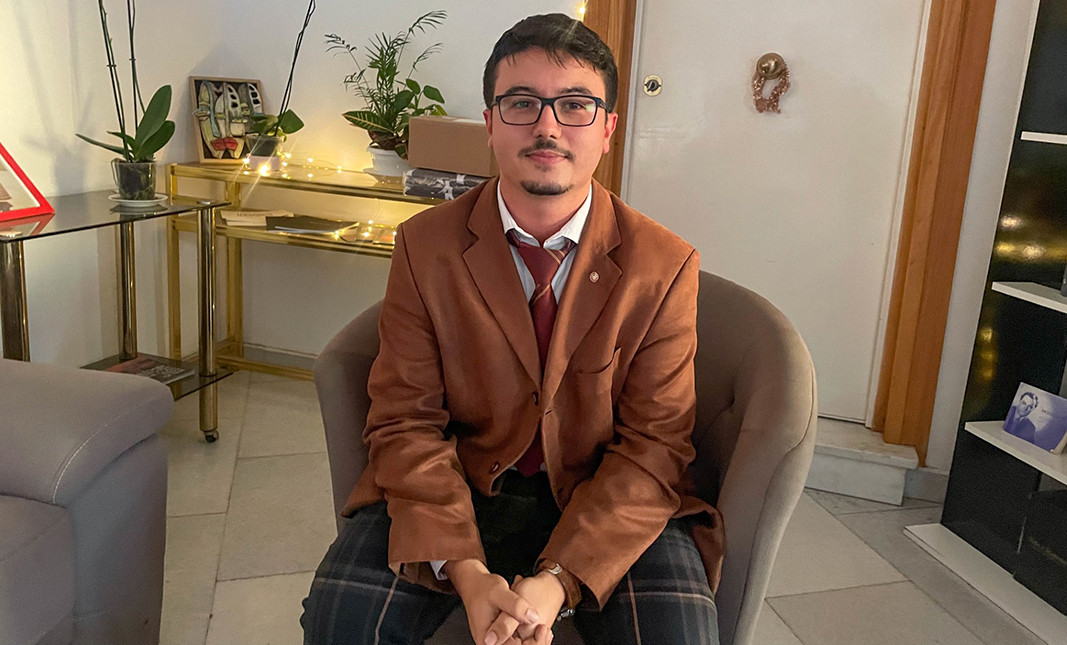
“We have nothing! We have no future, nothing concrete! You see what is happening! The changes are so abrupt, so deep-going that you don’t even know what can happen tomorrow. I am talking as a Bulgarian living abroad but it is not just me. It is a world tendency. This unpredictability is to some extent stopping young people from making plans for the future. I myself see no way out of the situation at this time. Still, I am hopeful tensions in the world will subside and this will lead to a change in the situation in Bulgaria as well,” says Georgi Dimitrov.
Dr. Eugenia Voukadinova has lived and worked in Rome for more than 30 years but she follows closely events in this country and says she is worried by what is happening: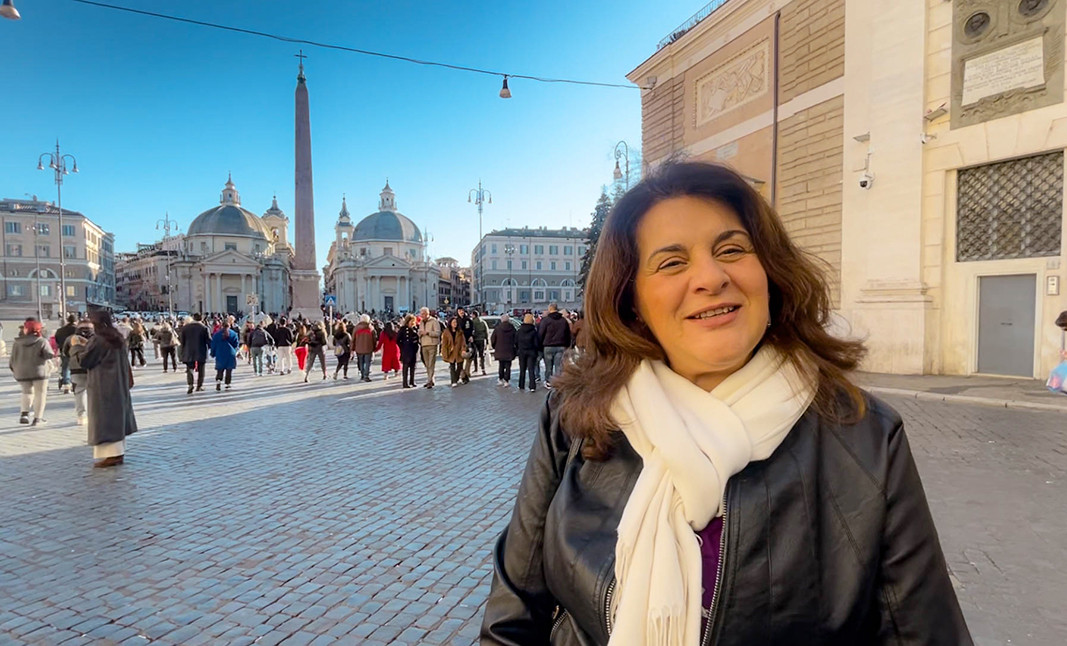
“Bulgaria seems to be stuck, first because you can’t understand anything with these political parties. I am confused. I can’t understand what is going on, especially in politics. Bulgarians may have evolved, but I do not think they trust the political class very much. That is something we saw at the latest election. We, in Rome, are quite active – I voted at the latest election but I have not seen any major changes. What matters to me is for Bulgaria to pursue a pro-European policy. I am “for” the EU because it affords us the opportunity to travel, to have a career – for ourselves and for our children, to be citizens of the world,” Dr. Eugenia Voukadinova says.
Photographer and film director Boris Slavchev, who has been living in Rome for years, says 2023 has not been easy or unequivocal for people in Bulgaria: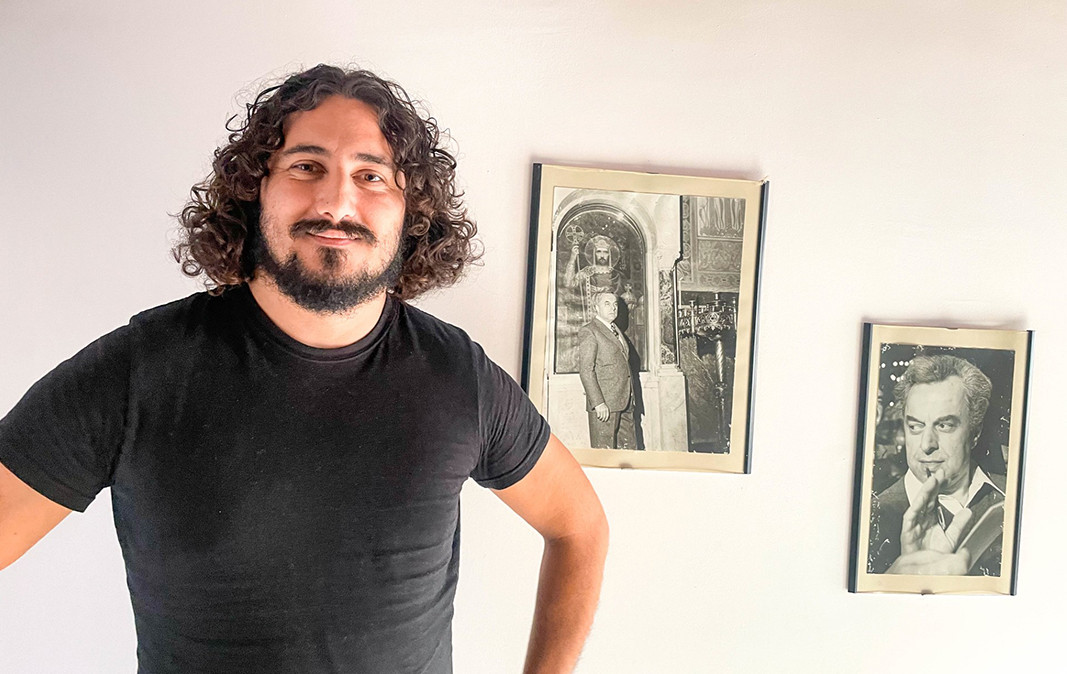
“I would say it has been a year of division in Bulgaria, of great polarization, things almost came to extremism. We, Bulgarians, are a part of Europe, a part of the world, and the problems that affect Europe invariably affect public opinion in Bulgaria as well. I would like us to realize we are all human, and if we want good things for our country we ought to respect different opinions. People in Bulgaria are polarized, they simply refuse to listen to one another and that has dire consequences for our society. We should attain dialogue, and I hope we shall find an ideal for Bulgaria we share,” says Boris Slavchev.
2023 has given us a valuable lesson – of the need to reevaluate our past, says Irina Stoilova. For more than three decades she has been living in the Eternal City, she has been a correspondent for the Bulgarian National Radio and for public service TV BNT, as well as for the Russian service of Radio Free Europe. She is currently working at the international department of the media corporation RAI. Her reflexes as a journalist have meant she constantly follows events in Bulgaria: 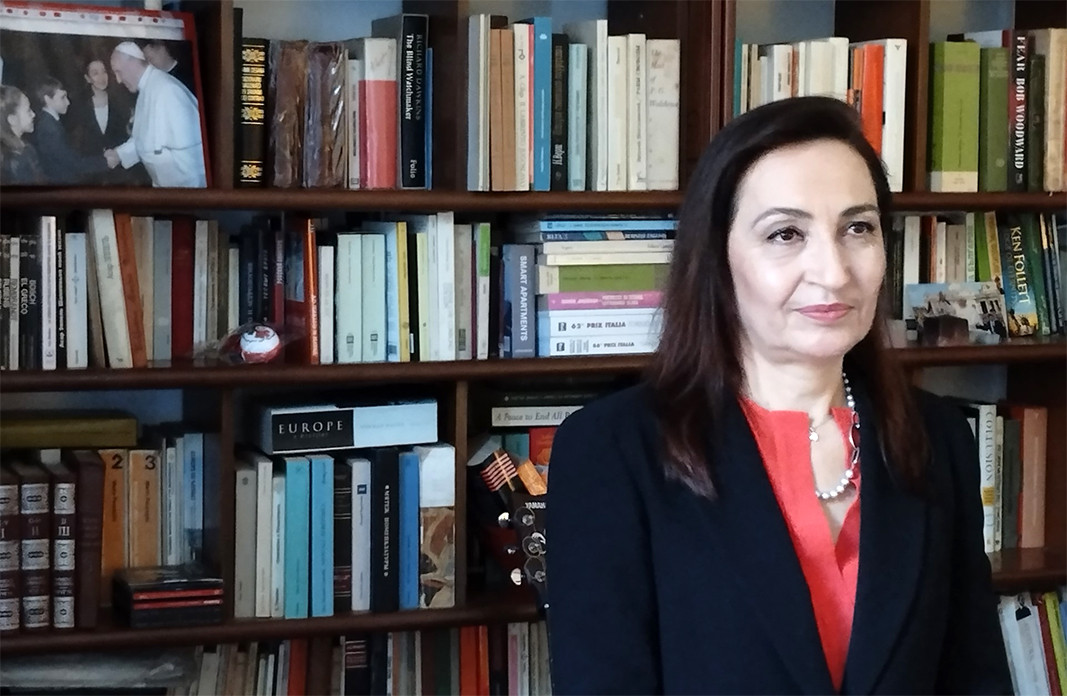
“I worry, I am happy, sometimes I get angry because I don’t want the issues that are important to society to be eclipsed by crime news, or propaganda by politicians who are given the microphone and air time too often. (…) For example, regarding the Soviet Army Monument I think that it is a normal thing to have differing opinions in a society that has been through the trauma of communism. In my own family there were heirs of people who were (communist) partisans and of people killed by the so-called People’s Court, and the women usually had to stop the men from getting into a fight. And that is in one family, imagine what it’s like in the whole of society. And then I thought to myself how important the role of journalists is – we should ask ourselves what happened to this kind of monuments in all other former “socialist” countries? Is there one monument left anywhere without a sign on it indicating it is a monument to the soviet army which was an occupying army, and which brought about 40 years of non-freedom, a totalitarian regime and the killing of thousands of people in concentration camps? No, there isn’t. In Prague the tanks were painted pink and were turned into an artifact… I am not saying we should erase the past, but we should reevaluate it. If we don’t, the past will become a burden constantly holding is back, obliterating our vision of the future, it will stop us from making it a better future for the next generation of Bulgarians.”
by Veneta Nikolova and Elena Karkalanova
Translated and posted by Milena Daynova
Photos: Veneta Nikolova, Elena Karkalanova, Facebook / Jana Iakovleva
The Regional Museum of Natural History-Plovdiv is hosting a three-day "Ice Festival" which will continue until December 15. The festival is dedicated to Antarctica Day (December 1 ) and is part of a series of initiatives organized throughout the..
On December 14 and 15, just days before the Christmas holidays, Plovdiv will once again host EXOTIC EXPO – the Bulgarian professional exhibition for exotic animals. The event is being organized for the third consecutive year and is the largest of..
The annual human rights awards Human of the Year will be presented for the seventeenth time at a ceremony today. The event takes place on the eve of International Human Rights Day - 10 December. The awards have no monetary value. Their purpose is to..
The village of Zmeyovo near the town of Stara Zagora is celebrating today, December 21, its traditional Festival of Pelin Wine. According to an..
Each piece evokes warmth and nostalgia because each is handmade and unique. The silvery reflections on the glass baubles take us back to childhood, when..
The making of knitted products is a traditional craft that deserves a revival and a new life, believes Alexandrina Pandurska, known for her numerous..

+359 2 9336 661
